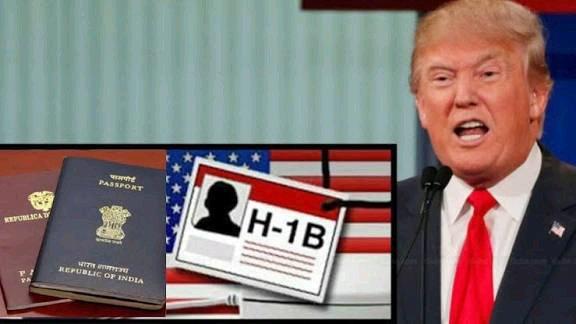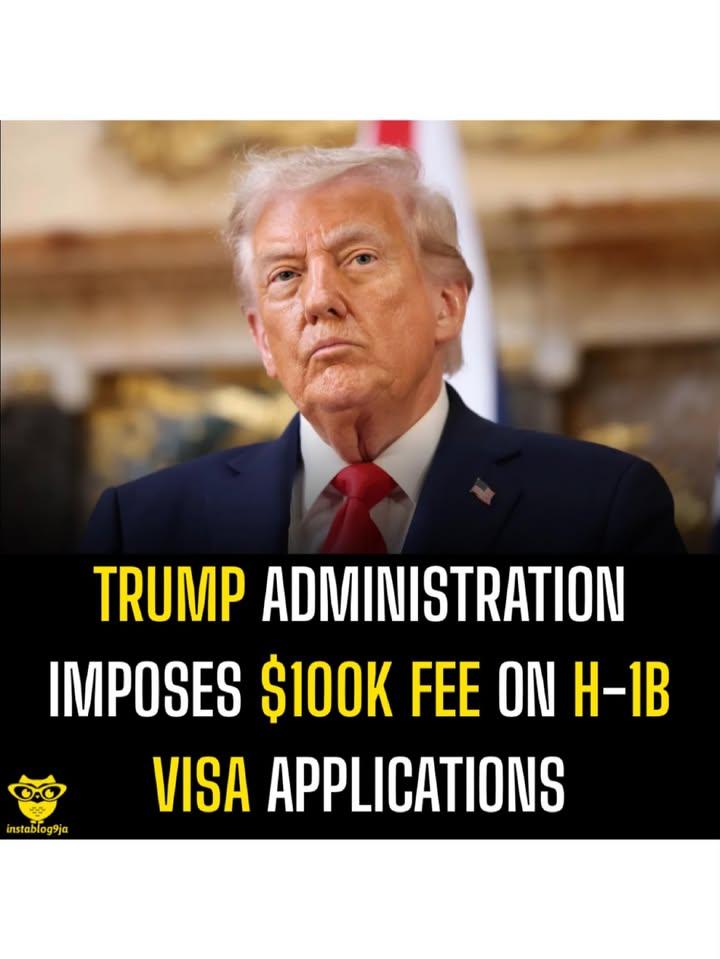China Launches Flexible K Visa to Attract Scientists, Engineers and Innovators Worldwide days after U.S. increased H-1B visa to $100,000.
China has announced the launch of a new K visa programme to attract global STEM professionals, effective October 1, 2025. The initiative is part of Beijing’s broader “Talent Power Strategy” aimed at boosting innovation and competitiveness.
Unlike traditional work visas, the K visa provides greater flexibility. Holders can take part in employment, education, research, cultural exchange, entrepreneurship, and business collaborations without needing employer sponsorship a major shift that benefits independent researchers and innovators.
Eligibility will be based on academic qualifications (minimum bachelor’s degree), age, and professional experience, though full details are yet to be released. China hopes the scheme will strengthen its scientific workforce and enhance its standing as a global hub for technology and innovation.
The rollout comes as the U.S. tightens its H-1B visa system with steep fee hikes reportedly up to $100,000 annually creating barriers for many foreign professionals. Analysts view China’s K visa as a strategic counter, positioning itself as a more accessible destination for international talent.
The new visa reflects China’s ambition to compete directly with the U.S. and Europe for STEM experts. If effectively implemented, it could attract top talent and accelerate China’s drive to lead in science and technology, though much will depend on its execution and global reception.
China has announced the launch of a new K visa programme to attract global STEM professionals, effective October 1, 2025. The initiative is part of Beijing’s broader “Talent Power Strategy” aimed at boosting innovation and competitiveness.
Unlike traditional work visas, the K visa provides greater flexibility. Holders can take part in employment, education, research, cultural exchange, entrepreneurship, and business collaborations without needing employer sponsorship a major shift that benefits independent researchers and innovators.
Eligibility will be based on academic qualifications (minimum bachelor’s degree), age, and professional experience, though full details are yet to be released. China hopes the scheme will strengthen its scientific workforce and enhance its standing as a global hub for technology and innovation.
The rollout comes as the U.S. tightens its H-1B visa system with steep fee hikes reportedly up to $100,000 annually creating barriers for many foreign professionals. Analysts view China’s K visa as a strategic counter, positioning itself as a more accessible destination for international talent.
The new visa reflects China’s ambition to compete directly with the U.S. and Europe for STEM experts. If effectively implemented, it could attract top talent and accelerate China’s drive to lead in science and technology, though much will depend on its execution and global reception.
China Launches Flexible K Visa to Attract Scientists, Engineers and Innovators Worldwide days after U.S. increased H-1B visa to $100,000.
China has announced the launch of a new K visa programme to attract global STEM professionals, effective October 1, 2025. The initiative is part of Beijing’s broader “Talent Power Strategy” aimed at boosting innovation and competitiveness.
Unlike traditional work visas, the K visa provides greater flexibility. Holders can take part in employment, education, research, cultural exchange, entrepreneurship, and business collaborations without needing employer sponsorship a major shift that benefits independent researchers and innovators.
Eligibility will be based on academic qualifications (minimum bachelor’s degree), age, and professional experience, though full details are yet to be released. China hopes the scheme will strengthen its scientific workforce and enhance its standing as a global hub for technology and innovation.
The rollout comes as the U.S. tightens its H-1B visa system with steep fee hikes reportedly up to $100,000 annually creating barriers for many foreign professionals. Analysts view China’s K visa as a strategic counter, positioning itself as a more accessible destination for international talent.
The new visa reflects China’s ambition to compete directly with the U.S. and Europe for STEM experts. If effectively implemented, it could attract top talent and accelerate China’s drive to lead in science and technology, though much will depend on its execution and global reception.
0 التعليقات
·0 المشاركات
·415 مشاهدة







